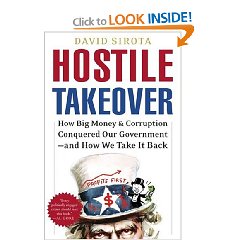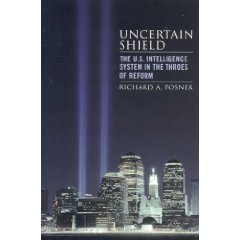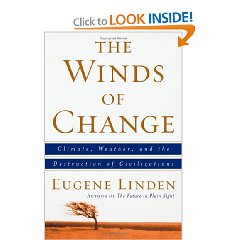
Serious Book for Serious People,
This author focuses on the substance of taxes, wages, jobs, debt, pensions, health care, prescription drugs, energy, unions, and legal rights, and he does it in an engaging methodical manner that discusses the issue, highlights in turn myths, lies, and half-truths, and then ends with proposed solutions, all of them sensible.
It merits comment that this book is endorsed on the back cover by many people I respect from Al Gore An Inconvenient Truth: The Crisis of Global Warming to Bill Greider Who Will Tell The People? : The Betrayal Of American Democracy and The Soul of Capitalism: Opening Paths to a Moral Economy to Jim Hightower Thieves in High Places: They've Stolen Our Country and It's Time to Take It Back.
The bottom line is clear: the U.S. government at the political level, whether Republican or Democratic, is completely corrupt. Every Congressman and every President, every Senator, have so many conflicts of interest as to be incapable of representing the people honestly. Congress no longer represents the people. Let me repeat that: Congress no longer represents the people. They are either bribed by special interests or forced to follow the party line. See, with reviews: Running on Empty: How the Democratic and Republican Parties Are Bankrupting Our Future and What Americans Can Do About It; The Broken Branch: How Congress Is Failing America and How to Get It Back on Track (Institutions of American Democracy); and Breach of Trust: How Washington Turns Outsiders Into Insiders.
This author ends with a sensible bottom line: engage from the bottom up, and push for public financing of elections (I would include free television time from the PUBLIC airwaves), and until then, contribute to honest politicians who will forego campaign contributions.
The Unity '08 movement established by Hamilton Jordan proposes to field an Independent candidate fully funded by the people. As Joe Trippi and Howard Dean demonstrated, the people CAN out-spend and out-vote the corporations if they have a mind to. Jordon is half-way to the right answer–the rest of the answer is a Democratic President, a Republican Vice-President, two new Deputy Vice Presidents (John McCain for national security, overseeing Defense, State, and Justice, and Bill Bradley for everything else), and a COALITION cabinent. Separately a NON-RIVAL party has been created, the Citizens Party, to post a transparent national budget that is also balanced, and to engage voters from ALL parties in support of one single public interest issue: electoral reform in 2007, in time for an honest election the extremist Republicans cannot steal as they stole in 2000 via Florida and in 2004 via Ohio.
Lest anyone doubt the depth of this book's documented concerns, see my review of The Case for Impeachment: The Legal Argument for Removing President George W. Bush from Office by Dave Lindorf and Barbara Olshansky, and also How Would a Patriot Act? Defending American Values from a President Run Amok by constituional lawyer Gleen Greenwald.
For a list of 23 documented high crimes and misdemeanors by Dick Cheney,see my review of Vice: Dick Cheney and the Hijacking of the American Presidency








